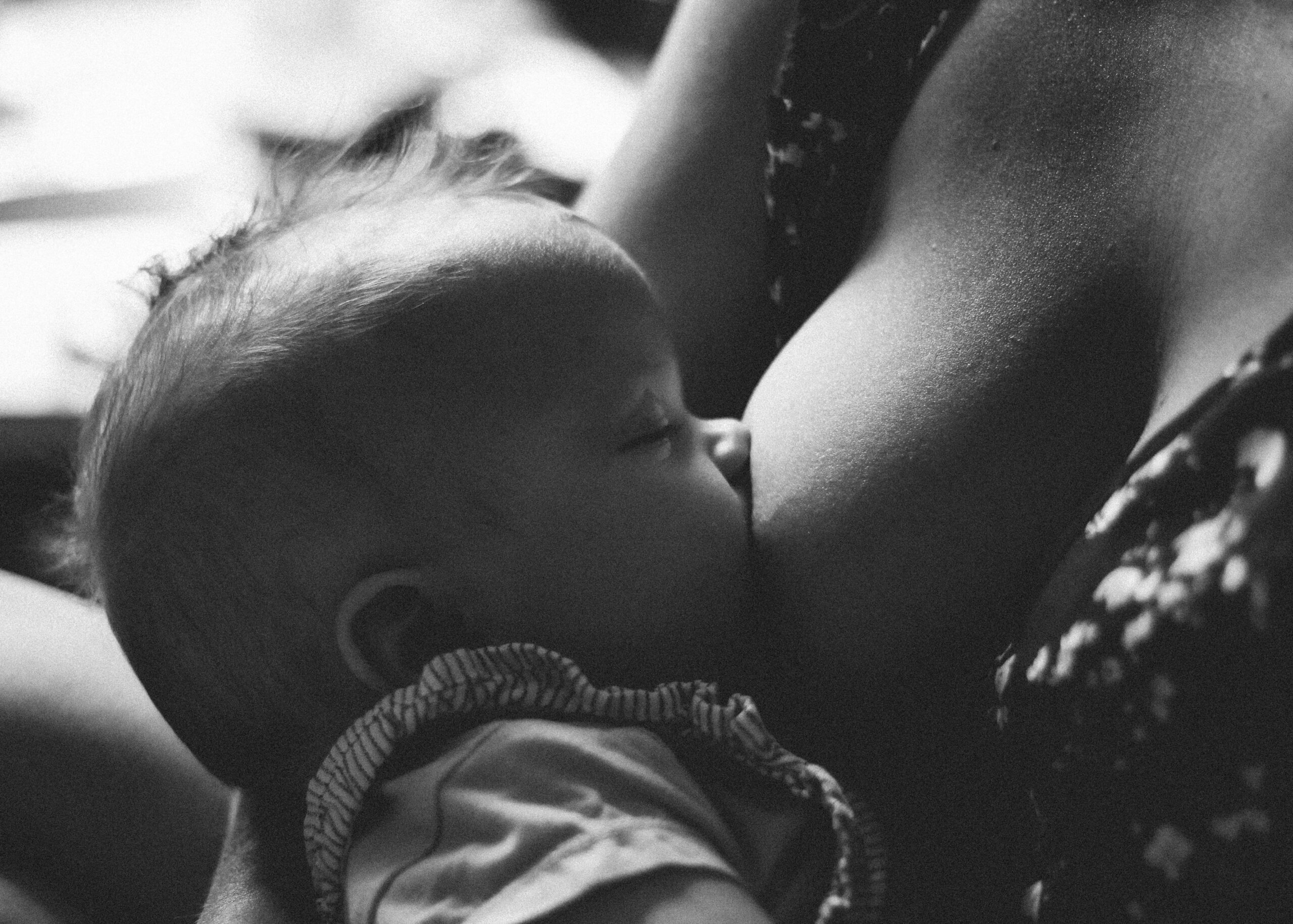I thought selfcare was for losers
Three weeks after my son was born I found myself on the sofa, curled up and in pain with tears streaming down my cheeks. I had been so constipated during the first weeks of breastfeeding that my anal tissue now sported several microscopic tears. The lotion I'd applied felt like rubbing salt in a wound.
I'd thought I was a yoga teacher, a superwoman. When my midwife told me to take it easy, stay in bed and rest, I didn't listen. I thought that was for other, less robust birthers.
It had been a short and uncomplicated birth. My baby was healthy and gaining weight. I never considered that my body, my pelvic floor and reproductive organs, my nervous and digestive systems needed to recover from the stress of undergoing a colossal hormonal shift and lifechange. I thought I could just pick up where I'd left off.
Two weeks after giving birth, I was back on my yoga mat.
Going to the bathroom hurt like hell
I didn't take into account that breastfeeding is dehydrating. Having a newborn is stressful and distracting. Maybe I didn't drink enough water, maybe I just didn't remember to hydrate because I was overwhelmed. Whatever the reason, a few days after birth my stools were hard as stone and going to the bathroom hurt like hell.
A vicious circle of changes to my diet, visits to the gynecologist and a traumatic one at the gastroenterologist followed. I tried several ointments and lotions. I avoided raw food completely and took stool-softener every day. Still, every time I sat on the toilet, the tissue would tear again. The pain would be back and I would panic.
I couldn't stop going to the bathroom long enough for the anal fissures to heal. Would they ever go away?
With my hormones all over the place, the additional pain of bruised nipples and clogged milk ducts, I gave in to self-pity and a spiral of anxiety. Hadn't I been through enough with an unexpected pregnancy, the pain of birth and of milk coming in? I worried: Was this my life now?

Sitz bath and selfcare
It was my craniosacral therapist that saved me. I went to see her for my son's colics. But she asked how I was doing and I told her about my anal ordeal. She suggested a sitz bath with oak bark, which has an astringent effect and helps fissures, especially in mucosa, to close and heal.
After our session I went straight to the pharmacy to buy 100 grams of oak bark. That night I sat in a brownish red sitz bath for about 20 minutes. I repeated the ritual every night, either reading a book or watching something on my computer. Sometimes lighting a candle and sipping hot cocoa. Carving out time for the sitz baths wasn't exactly easy. But after a few days, going to the bathroom stopped feeling like someone was pouring rubbing alcohol into my anus.
The sitz baths became my daily postpartum ritual. I was afraid to re-open the fissures, so I stuck to this unusual selfcare routine religiously. It became my anchor in a time of change.
A moment that was just mine
One of the most conspicuous changes after the birth of a child, especially if it's your first, is that you go from being an independent person to being at the beck and call of a tiny human. Often we don't have time and space to do what we did before to soothe our nerves. Whether it was meditation, running, playing the piano or having a quiet chat with our partner – in the beginning, there's hardly any time for it.
In retrospect, the anal fissure and sitz baths were a blessing. While I immersed my butt in the eerily red liquid every night, my husband was in charge of the baby. For half an hour, Mommy wasn't available. I was Elisa again. This moment was all mine.

Pain is our friend
Physical pain is the body's way to hit the brakes. We tend to ignore our symptoms and all kinds of personal needs because we think we need to keep going. We think we need to be fully functional, that we can't miss a day of work and spend it in bed. Especially women are afraid they'll experience rejection if they don't perform.*
I felt clearly that I needed to bounce back after birth. It wasn't only because I was a business owner and I was afraid clients would walk away if I took too much time off. I also felt our culture's clear expectation that mothering must come easy to women. If they choose to have a career as well, they better learn to keep all the balls up in the air.
I'm glad my pain was searing and insistent. I was forced to listen to my butt. After a few weeks I understood the message: I needed to start taking care of myself. My body and my psyche wouldn't make up for the lack of attention for ever.
Granted, it shouldn't take that much pain for us to remember to recharge our batteries. We shouldn't have to justify selfcare with phrases like: “If you're fed and watered, your family will benefit from it, too.” What about loving ourselves without fearing that we may come off as selfish? Why do we need to be scraping the bottom of the barrel before we allow ourselves a break and cut ourselves some slack?
Pain is our friend because it wakes us up. One day, I hope we won't need the reminder. But for now, we'll take the nudge.
*I highly recommend Dr. Libby Weaver's book The Rushing Woman Syndrome for more information on the subject of our inability to stop for fear of rejection and what that does to our endocrine health.

No comments.